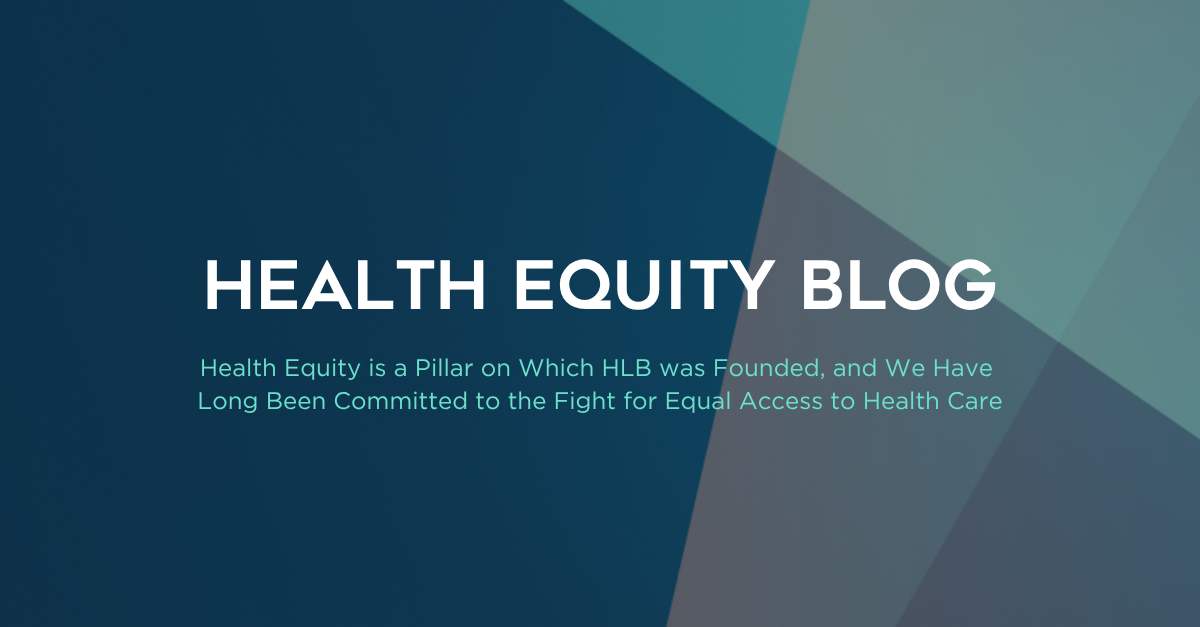
On behalf of the Hooper, Lundy & Bookman, PC Health Equity Task Force, here is our most recent HLB Health Equity Essentials – Advancements & Developments report:
CALIFORNIA DHCS’S COMMUNITY SUPPORTS PROGRAM SHOWING PROMISING OUTCOMES
On June 3, California’s Department of Health Care Services issued its annual report that highlights how all 12 of its Community Supports studied have addressed needs of Medi- Cal beneficiaries while reducing costs and improving efficiencies. These Community Supports were approved as part of the 1915(b) CalAIM waiver and were phased in by Medi-Cal managed care plans starting in 2022. The Community Supports services include such efforts as supporting in-home care, providing nourishing meals, and fostering housing stability, with an end goal of helping Medi-Cal patients avoid costlier hospital or emergency care.
NIH EMPLOYEES CRITICIZE TRUMP ADMINISTRATION CUTS OF PERSONNEL AND FUNDING
In a June 9 letter addressed to the National Institutes of Health (NIH) Director Jay Bhattacharya, numerous current and former NIH staff expressed sharp criticism of the Trump Administration’s actions this year regarding NIH that included terminating over 1,000 employees, as well as halting hundreds of grants to fund biomedical and other scientific research. The letter warns of the dire consequences these measures will have on the future of public health in both the U.S. and across the globe and calls for NIH to honors its commitment to academic freedom, quoting the NIH Director’s promise to “establish a culture of respect for free speech in science and scientific dissent at the NIH”. Subsequently, on June 16, a federal judge ordered NIH to restore certain grants the agency previously terminated, many of which focused on addressing health disparities among racial minorities, the LGBTQ+ community, and women.
NHELP WEBINARS PROVIDE TRAINING ON MEDICAID AND ACCESS TO HEALTH CARE
The National Health Law Program (NHeLP) is hosting several webinars this summer, including one on July 24, that will provide an overview of immigrants’ rights to access health care (register here). This webinar will include resources to help determine immigrant eligibility for Medicaid and other health programs. NHeLP also previously hosted webinars on other topics related to health care (available here), including a webinar on health equity with a particular focus on social determinants of health and their relevance to Medicaid and other safety net programs (recording and slides are available here).
NIH’S INSTITUTES AND CENTERS TO BE REORGANIZED AND CONSOLIDATED
In its FY2026 Budget in Brief, the Department of Health & Human Services (HHS) describes plans to reorganize and consolidate its various Centers and Institutes to enhance efficiencies and make better use of federal funds. The new budget consolidates the 27 institutes within the NIH down to 8 and proposes to eliminate the National Institute on Minority Health and Health Disparities. The National Institutes on Alcohol Abuse & Alcoholism, Drug Abuse, and Mental Health will be combined into a newly created single National Institute of Behavioral Health. The Budget in Brief is a proposal and would need to be addressed by
Congress in order to be implemented but is an indicator of the Administration’s priorities.
THE WHO LAUNCHES DISABILITY HEALTH EQUITY INITIATIVE
On June 10, the World Health Organization (WHO) officially inaugurated its Disability Health Equity Initiative, which seeks to close the health gaps that persist for persons with disabilities. Although the WHO estimates that there are more than 1.3 billion people worldwide who have at least one disability, this population segment tends to be one of the most marginalized demographic groups, leading to dramatic health disparities.
CCE RELEASES REPORT CONDEMNING D.C. JAIL CONDITIONS
The Council for Court Excellence (CCE)—whose mission is to enhance the justice system in the District of Columbia to serve the public equitably—released its Urgent Need for New D.C. Jail report on May 28. The report found that individuals in the jail experienced challenges accessing health care and mental health services. It also identified high rates of substance use and difficulties in provision of treatment for substance use and other behavioral health issues. Various parts of the jail were also found to not be in compliance with the Americans with Disabilities Act (ADA), adversely impacting detained individuals with physical disabilities.
Professional
Brought to you by Andrew Hayes, Sandi Krul, Alicia Macklin, Monica Massaro, Kerry Sakimoto, Erin Sclar, Sheryl Xavier, and Rachel Zacharias.







